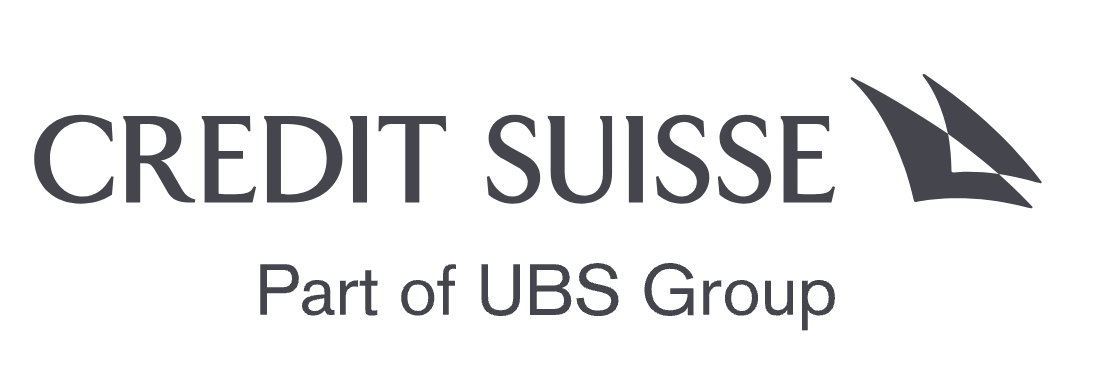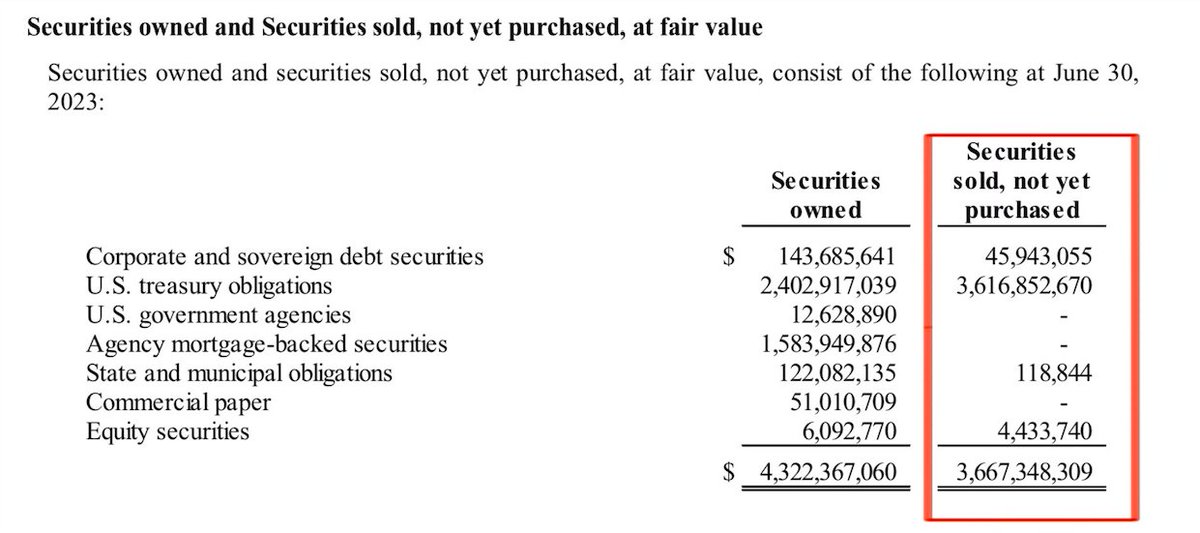In light of misinformation being spread regarding @CEOAdam and @AMCTheatres' expressed intent for a 1:10 reverse #split, here's a quick🧵to address the #FUD, & explain why AA is still playing 3D Chess, and why this can benefit #AMC. 1/
https://twitter.com/CEOAdam/status/1605926983145181184
NASDAQ/SEC let us know on the Company Event Notification Form that reverse splits require a CUSIP change. 4/
sec.gov/rules/sro/nasd…
sec.gov/rules/sro/nasd…

IBKR lets us know that corporate actions can lead to spikes in borrow rates.
TLDR: Bad for shorts 5/
ibkr.info/article/2880
TLDR: Bad for shorts 5/
ibkr.info/article/2880

Investopedia lists many advantages to reverse spilts, but the only disadvantages are: perception of a stock from investors and reduction in supply of the stock.
TLDR: Bad for shorts 6/
investopedia.com/terms/r/revers…
TLDR: Bad for shorts 6/
investopedia.com/terms/r/revers…

A 2011 CNBC article titled “Reverse Stock Splits Are Usually Good for Investors: Report” lets us know that only 2 of the 14 stocks that reverse-split went down, & average gain was 62.55%
cnbc.com/id/42212417
TLDR: Good for AMC 7/
cnbc.com/id/42212417
TLDR: Good for AMC 7/

As it relates to voting, the registered owner of a share is entitled to this right. Shorts with #synthetic shares/#nakedshorts will need to locate shares and determine the owner and/or buy in bulk to meet the reqt's.
TLDR: Bad for shorts. 8/
investopedia.com/ask/answers/05…
TLDR: Bad for shorts. 8/
investopedia.com/ask/answers/05…

@Xx_WiReD_xX @HangLoose1337 @EduardBrichuk @POTATO_INMYASS @BossBlunts1 @AMCbiggums @unusual_whales @cvpayne @Unbearabull2 @FNez_Blogger @ApeAverage @StonksBatman @elonmusk @AMC_Apee @SalMemeLord @StockRetail @CeccottiFrank @PinoyApe @Ryan__Rigg
Feel free to #share & bust #FUD
Feel free to #share & bust #FUD
• • •
Missing some Tweet in this thread? You can try to
force a refresh


























